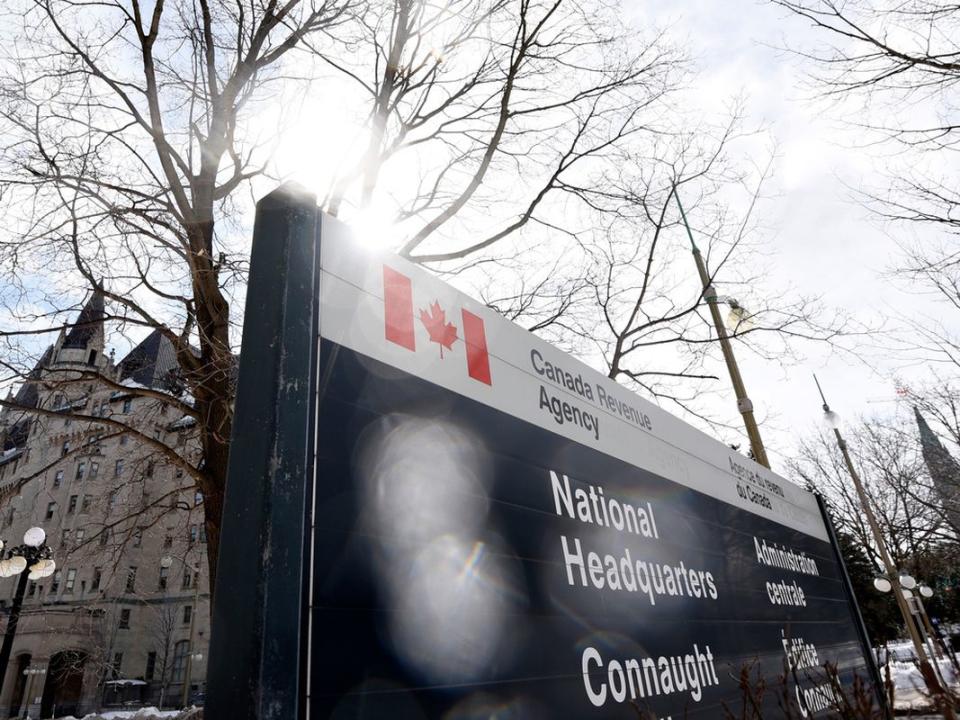Opinion: Canadians will ignore the new trust reporting rules. So will the Canada Revenue Agency

By Allan Lanthier
The federal government’s new trust reporting rules are so outlandish that hundreds of thousands of Canadians will never comply with them. The Canada Revenue Agency is also likely to ignore the rules in many situations. It has already made two announcements to that effect. Think about that. The CRA will simply disregard a law enacted by the Parliament of Canada because the rules are so flawed.
The rules require annual reporting whenever one person has legal or registered title to an asset for the benefit of the “true owner”— an arrangement known as a “bare trust.” The idea is to target money-laundering, terrorist financing, tax evasion and other financial crimes: instead, the rules hit innocent Canadians. Never in the history of Canadian tax has a target been missed so badly.
Here’s one example: Your 16-year-old daughter wants to buy a cellphone: she is a student and works part-time. You sign the contract on her behalf. Guess what? You are now the trustee of a bare trust that owns the cellphone. So you must file a 2023 trust return no later than April 2 and disclose the arrangement. If you don’t, you have contravened the law and are subject to penalties.
But surely there are exceptions, you must be thinking. And yes, there is an exception if an arrangement involves assets with a value of no more than $50,000. But the exemption only applies if the trust assets are money, listed securities or government debt: if there is even one penny of other assets, such as cellphones or other family items, filing is required.
The legislative overreach extends far beyond cellphones. People caught by the new rules include: parents who add their names to the legal title of their child’s home to help get a mortgage; a child with legal title to an aging parent’s home to address probate or estate planning issues; and a grandparent who opens an “in trust” bank or brokerage account to fund a grandchild’s future education.
What to do in the face of such atrocious legislation? That’s where the CRA comes in. It should ignore the law — and that is precisely what it intends to do.
There is a penalty of $25 a day for a late-filed trust return, to a maximum of $2,500. The CRA has announced it will ignore this penalty for bare trusts for the first year, except in cases of gross negligence.
In addition, if a bare trust fails to file a return knowingly or due to gross negligence, there is a second penalty equal to $2,500 or five per cent of the highest value of trust property held in the year, whichever is greater. In this case, the CRA isn’t ignoring the law completely: It has announced it will only apply the penalty “in the most egregious cases” and subject to oversight by CRA headquarters.
Many more CRA concessions are bound to come, and most will apply, not with an announcement, but with a wink or a nod understood only by tax professionals. No parent will ever report a bare trust that has legal title to assets such as cellphones or other family assets and the CRA almost certainly will turn a blind eye to such arrangements, as well. Whether or to what extent there will be compliance with — or enforcement of — the rules when a person has legal title to a family member’s home also remains to be seen.
In short, the new rules create a new category of tax cheat — hundreds of thousands of innocent Canadians — and force the CRA to apply the law selectively. And what about the new law’s actual target, the real financial criminals? The idea that they would self-report the arrangements that support their criminal activities is laughable.
The phrase “the law is an ass” is often attributed to Mr. Bumble in Dickens’ classic, Oliver Twist. Informed that the law presumes he is responsible for the indiscretions of his domineering wife, Bumble responds: “If the law supposes that, the law is an ass.” That phrase has never been more apt than it is here.
No taxation without representation? Judges aren't buying that
Allan Lanthier: Canadians want the Stanley Cup back in Canada. The CRA? Not so much
The government announced this initiative in its 2018 budget, and we find ourselves in this sorry state more than six years later. A responsible government would repeal these rules with retroactive effect and send its drafters back to the drawing board. Over to you, Chrystia Freeland.
Follow-up from Allan Lanthier, March 28: After sustained and increasing criticism from the tax community, including on these pages, the government announced today that, unless there is a direct request from the CRA (there won’t be any), there shall be no filing requirements for bare trusts for 2023. Instead, the Department of Finance and the CRA will go back to the drawing board and try to come up with a better mousetrap.
Allan Lanthier, retired partner of an international accounting firm, has been an adviser to both the Department of Finance and the Canada Revenue Agency.

 Yahoo Finance
Yahoo Finance 